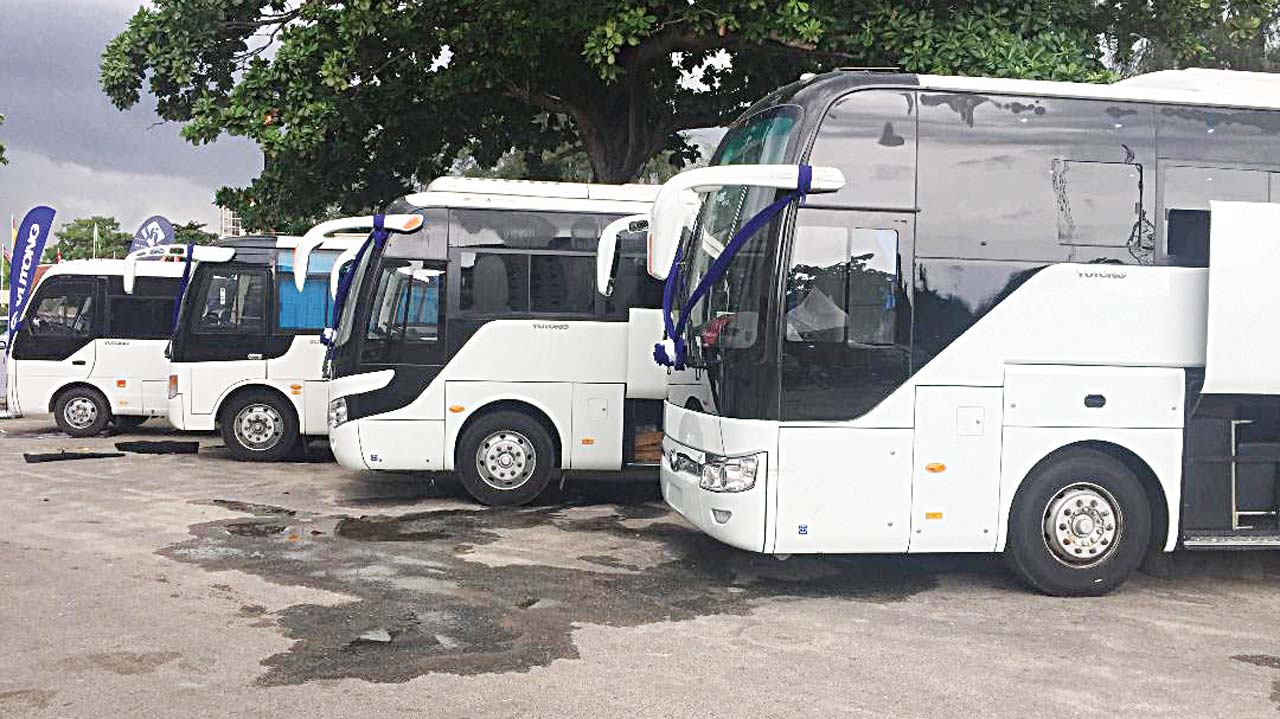The Public Transport Owners of Nigeria Association has disclosed that the transport sector lost about N200bn in three months as a result of the lockdown caused by the COVID-19 pandemic.
The National President of the association, Isaac Uhunmwagho, disclosed this at a press briefing.
He stated that N50bn, N120bn and N200bn were lost in the first four weeks, eight weeks and 12 weeks, while 100, 250 and 400 lives were lost in the periods.
According to him, 10 per cent, 25 per cent and 35 per cent of businesses died permanently in the first four, eight and 12 weeks.
Uhunmwagho said, “We tried to estimate recently what the financial losses to transport owners/operators might be after 10 weeks. The figures that we were seeing was in the region of N200bn.
“Inability to continue paying salaries to staff has been the plight of many transporters, as the funds are no longer there.
“Thousands of vehicles have been parked redundant for almost three months. The cost of restoration of these vehicles to sound condition will be millions of naira.”
He also noted that many of the vehicles can not be relied on, as they will not be the same anymore.
“Vehicles were never designed to be left idle, and even if they may restart, numerous mechanical, electrical and system faults are bound to arise, and the transport owners have very little funds left to meet up with these challenges,” Uhunmwagho said.
READ ALSO: CILT urges FG to encourage private sector in rail transport
He expressed worry that some transport owners who had rented premises might be unable to continue using some of the premises.
According to him, vehicles are now expected to carry approximately 50 per cent of the passengers as well as spend money on additional sanitation and health facilities.
Uhunmwagho said, “If a vehicle takes 50 per cent of passengers, simple arithmetic will dictate that the transport fare will have to double.
“Government needs to financially aid transport sector such that the transport owners do not have to transfer the entire burden on to the poor hapless Nigerians who are already very weak financially because of all the effects of COVID-19.”













